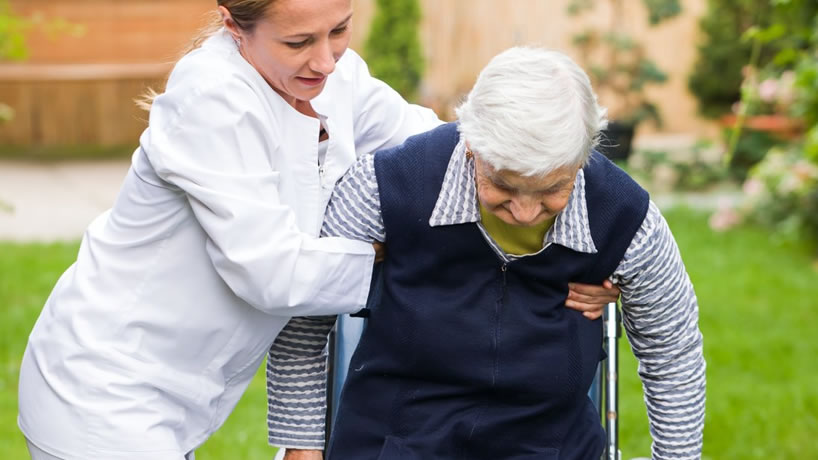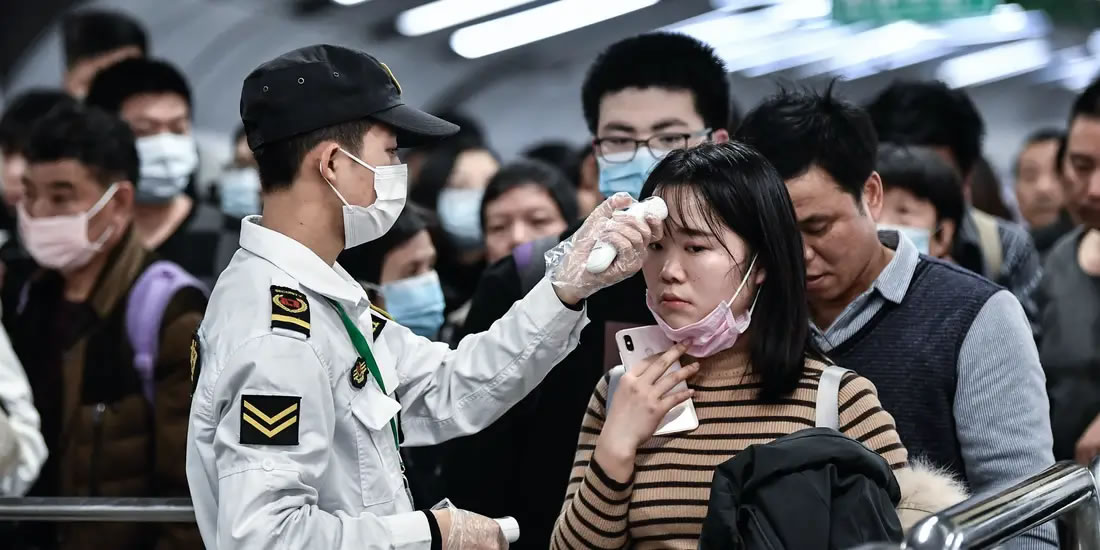All stakeholders involved in healthcare are well aware of the ticking time bomb of our aging world with demand exceeding supply even within the most affluent of countries. The Director-General of the World Health Organisation (WHO) has recently drawn global attention to the fact that even in low-income countries people are living longer; however, pointedly adds that longevity is not enough. To benefit society as a whole there needs to be a refocus on how later years in life are significant to the older person; with attention to the dignity and good health.
Aging is a natural process, which presents a unique challenge for all sections of society. Although the exact definition of the elderly age group is controversial, it is defined as persons with a chronological age of 65 years and above. With gradual improvement in healthcare delivery services, life expectancy has increased and thus the percentage of the elderly population. It has been estimated that the number of people aged 60 and over will increase to 1.2 billion in 2025 and subsequently to two billion in 2050. Further, by the year 2025, almost 75% of this elderly population will be living in developing nations, which already have an overburdened healthcare delivery system. These demographic transitions essentially require shifting the global focus to cater to the preventive healthcare and medical needs of the elderly population.
An aging population tends to have a higher prevalence of chronic diseases, physical disabilities, mental illnesses, and other co-morbidities. The health needs and health-related problems of elderly people cannot be viewed in isolation. A wide gamut of determinants such as social concerns (viz. children moving out of their parent's home in search of occupation, leaving them isolated without any physical support in daily activities); maltreatment towards elderly; poor knowledge and awareness about the risk factors; food and nutritional requirements; psycho-emotional concerns (viz. isolation, mental stress, difficulty in keeping themselves occupied); financial constraints (viz. definite reduction in income upon retirement, to the extent that it may interfere with bare needs of life as adequate nutrition, clothing, and shelter); health-care system factors (viz. most countries lack effective health insurance system for elderly coupled with accessibility concerns and inadequacies in the government health-care system); and physical correlates; determine the medical problems and thus cast a significant impact on the quality-of-life of the elderly.
Prevention and control of health problems of the elderly necessitate a multifaceted approach incorporating active collaboration of health, social welfare, rural/urban development, and legal sectors. A community-based geriatric healthcare program should start with the development of a comprehensive policy so as to include not only medical aspects but other determinants as well. Strong political commitment and social action are imperative for the effective implementation of customized policy at the grass-root level. Other measures such as improvement in the health knowledge of the elderly about potential risk factors; social measures like developing a culture wherein children voluntarily take the responsibility of looking after their aged parents; regulatory mechanisms, which make it obligatory for the members of society to look after their elder parents; development of a health insurance scheme to cover their health-care needs; development of pension schemes with contribution from employee, employer and government; advocating the construction of elderly-friendly houses/roads/staircases; promotion of primary prevention to inculcate healthy life-styles in early adulthood; information, education and communication strategies toward three broad groups namely elderly persons, the middle aged who would move into elderly age group in the near future and younger people who are the potential care providers for their elderly parents/relatives regarding the issues of hygiene, nutrition, physical exercise, avoidance of tobacco and alcohol, accident prevention measures and awareness about recognition of early signs/symptoms of common geriatric problems; training and re-training of medical and paramedical staff to effectively understand the special health needs of the elderly;immunization services; necessity of periodic health assessment in early detection of conditions; provision of prostheses and other medical aids; development of gerontology units; and ensuring effective communication; can be implemented in a strategic manner for achieving the best outcome.
To conclude, the provision of quality assured healthcare services for the elderly population is a challenge that requires joint approaches and strategies. Failure to address the health needs today could develop into a costly problem tomorrow.




